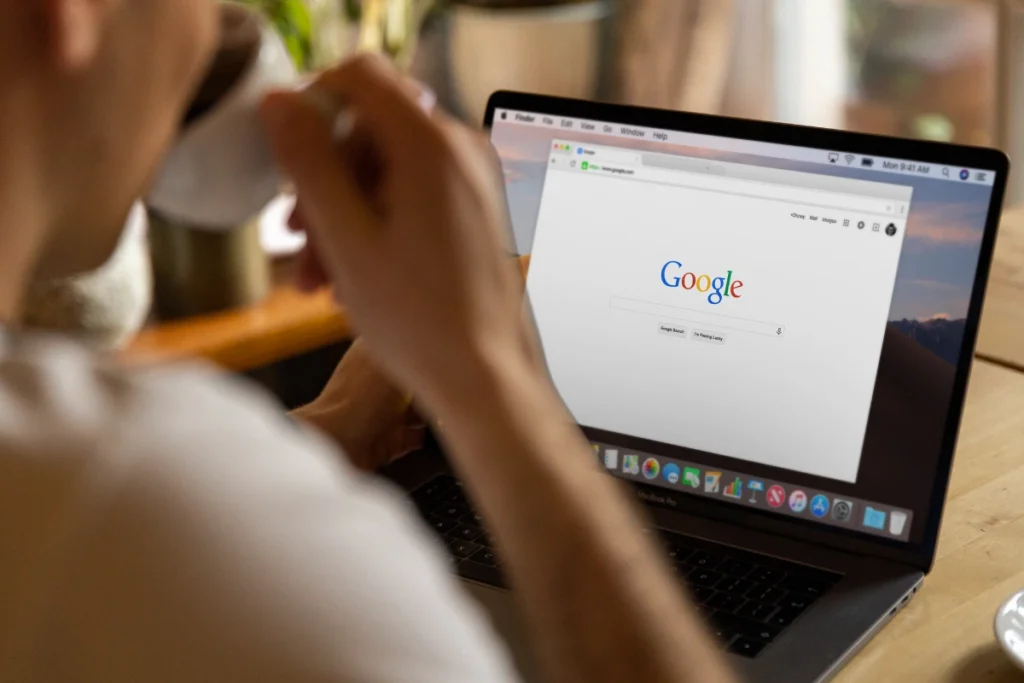Today we are going to dig deep into the latest Google update, the big November Broad Core Update, and a significant policy change that might just bring a smile to the faces of small and medium-sized publishers.
Google rolls out two major updates every year, and this year’s second update was announced on 11th November 2024. Let’s dive into how these changes are impacting websites, big publishers like Forbes and CNN, and, of course, smaller content creators.
Latest Google update
When Google issues a statement about an update, all SEO enthusiasts take a breath of expectation. However, after the 11th November update, the web remained eerily quiet. No visible effects, no drastic drops or gains in rankings. This silence made it even more suspicious.

On 19th November, Google finally revealed the reason for this update: they had updated their Site Reputation Abuse Policy. This was a direct blow to websites misusing their authority to rank irrelevant content.
Forbes and CNN: Giants Under Fire
Let’s talk about Forbes and CNN for a moment.
- Forbes is a business magazine known for covering top companies and entrepreneurs.
- CNN is a global news giant.
But what do these two have to do with pet insurance or CBD gummies? Absolutely nothing! Yet, they’ve been ranking for such unrelated keywords simply because of their authority.
Here’s how it works:
Big names like Forbes and CNN outsource content creation to third-party contractors. These contractors churn out massive amounts of content, which gets published on these websites. Since Google sees Forbes and CNN as trusted sources, these pages start ranking higher—even though they have no real expertise in the topics.
For example, if you search for “Best Pet Insurance,” instead of finding expert advice from an insurance provider, you’d see Forbes ranking at the top with irrelevant content. This isn’t just misleading—it’s unfair to businesses that genuinely provide the service.
But this problem isn’t limited to Forbes or CNN.
It’s about any page or blog that:
- Publishes unauthorized or irrelevant content.
- Misuses backlinks to rank higher.
Google Takes Action
To address this, the latest Google update introduced a new Site Reputation Abuse Policy on 5th May 2024. Initially, the policy had a major loophole: it targeted only content published by third-party vendors. Big publishers found an easy way around this by claiming that their in-house team reviewed or published the content.
This loophole rendered the policy ineffective. No big website faced consequences, and the abuse continued.
But everything changed in September 2024, when SEO expert Lars Lofgren exposed Forbes Advisor’s tactics in a viral blog post. Lars’s article shed light on how Forbes was using its authority to steal traffic from smaller, deserving websites. The backlash forced Google to act.
On 19th September 2024, Google updated its policy to close the loopholes. The new rules were clear:

- Even content reviewed or published by a core team could be penalized if it was irrelevant to the website’s primary purpose.
- Business agreements or partnerships involving third-party vendors—no matter how small—would be considered Site Reputation Abuse.
- Any content unrelated to the website’s main focus, created for monetary gain, could lead to penalties.
What’s Changing in Search Results?
Now, when you search for something like “Pet Insurance,” you won’t see Forbes or CNN dominating the results. Instead, you’ll find smaller, specialized websites or businesses that genuinely provide these services.
This is great news for small and medium publishers! The traffic and visibility that once went to big publishers are now going to those who deserve it—those with real expertise and authority.
Key Steps to Take After a Core Update
- Don’t Panic Immediately
It is usual to see fluctuations in rankings immediately after a core update. More often than not, this reflects how well your content addresses the needs of users, so rankings can fluctuate before stabilizing. - Wait Before Making Any Changes
Google advises that one week after the rollout, changes to your website are safe to make. This would mean you have had ample time to analyze the effects and see whether a change is needed. - Monitor Your Traffic
Check your traffic using Google Analytics or Search Console. Compare how your traffic looks before and after the update. If you see a significant drop in traffic, investigate which pages are affected. - Focus on Content Quality
Google’s core updates often prioritize content quality. Ensure that your content is well-researched, informative, and valuable to users. Regularly update outdated content to keep it relevant. - Evaluate Affected Pages
If certain pages drop in rank, assess whether they are still providing value to users. You might need to adjust the content, improve the user experience, or optimize the page to meet current SEO standards.
Why Content May Drop in Ranking
Google applies machine learning to better comprehend user intent and to improve results in the search. If a page is not aligned to users’ expectations or offers a lousy experience, the page drops in rank.
- Content Quality: Low-quality content or thin content gets penalized as more substantial authoritative pages get favored over it.
- User Experience: Slow page load times, too many ads, and no mobile optimization can all hurt your ranking.
- Relevance: Users deserve fresh material that matches their intent. With changing search intent, the content needs to change accordingly.
What to Avoid After an Update
- Avoid Making Rapid Changes: Removing pages or making drastic changes right after an update can backfire. Sometimes, Google may need time to adjust rankings, and tweaking too much could harm your performance further.
- Don’t panic: Your page was in first place; then it dropped to second position. That’s a fluctuation, not an existential crisis. Analyze why your content may have failed to be as relevant.
- Don’t Focus Only on SEO Factors: It’s tempting to focus on keywords, backlinks, or technical SEO right after an update, but always keep the user experience and content quality at the forefront.
Google’s latest update focuses on improving search result quality, affecting how content is ranked, with some smaller publishers seeing increased traffic while larger sites face ranking shifts.
The Google Core Update impacts how content is evaluated across websites. Sites with high-quality, user-friendly content may see a rise in rankings, while those with lower-quality content may drop in visibility.
Google’s search updates refine how search results are ranked. The updates emphasize content relevance, authority, and user satisfaction, meaning websites with well-optimized, quality content will see traffic improvements.



